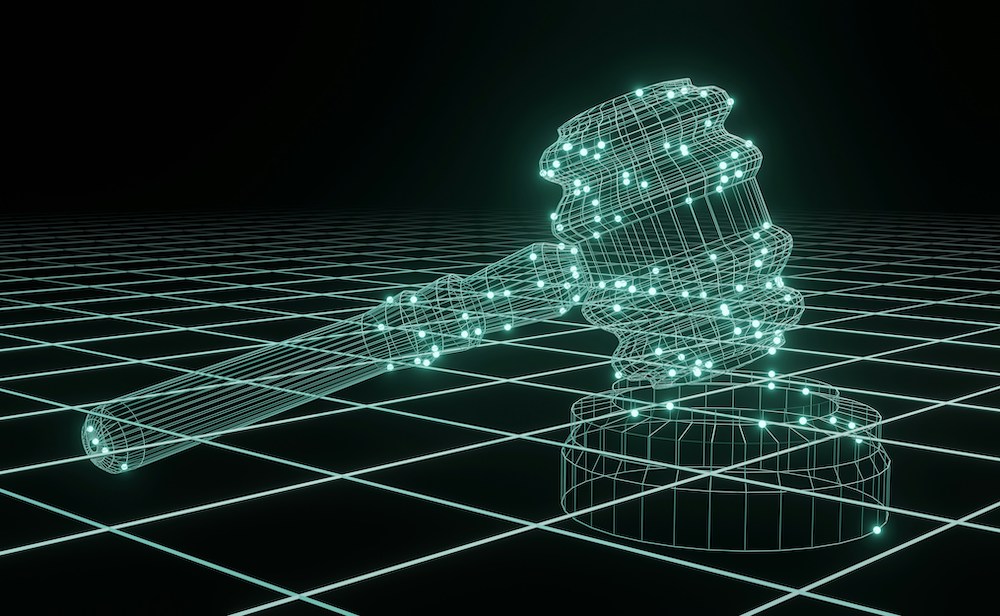Planners beware: a court order says your AI brain dump may now live forever
A recent U.S. court ruling has major implications for anyone who uses ChatGPT—including meeting and event professionals who rely on it for planning support, idea generation, content creation, and even contract advice. On May 13, 2025, a court ordered OpenAI to retain all ChatGPT user conversations indefinitely, even if the user previously deleted them or assumed they were temporary.
While the order may sound technical, the reality for planners is simple: Anything you type into ChatGPT can now be stored indefinitely—and possibly accessed in legal proceedings or audits.
What’s Changed?
Prior to this ruling, OpenAI allowed users of ChatGPT Free, Plus, Pro, and Team plans to opt out of data training and have their chats deleted after 30 days (or instantly for temporary chats). That’s no longer the case—the new court order overrides these settings.
Now, unless you’re on a ChatGPT Enterprise, ChatGPT Edu, or Zero Data Retention (ZDR) API plan, your chats may be preserved indefinitely. Even if you’ve “deleted” them, the logs still exist in OpenAI’s systems.
Why Does This Matter for Meeting Planners?
Meeting and event planners often rely on ChatGPT for tasks that go far beyond simple brainstorming. It’s become a trusted digital assistant for drafting vendor contracts, organizing run-of-show outlines, and crafting proposals for sponsors or clients. Many planners use it to explore attendee engagement strategies, fine-tune budgeting decisions, and even help shape internal team communications.
In the course of these interactions, planners frequently input details that are sensitive or proprietary—such as client names, event dates, pricing structures, or venue specifics. Occasionally, even personal data like attendee preferences or dietary restrictions may make their way into the chat. These are the kinds of details that planners would normally treat with a high degree of discretion.
FURTHER READING: HOW MEETING PLANNERS CAN DRAFT SMARTER DATA POLICIES AND CHOOSE SAFER AI TOOLS
Under the new court order, however, all of this information—once believed to be deletable or temporary—may now be stored indefinitely by OpenAI. This creates a significant risk, especially if the data is ever subject to a legal subpoena, accessed in an audit, or found to violate privacy compliance standards.
Ultimately, this ruling challenges the assumption that ChatGPT can be treated like a private workspace. For professionals who are entrusted with sensitive data and are bound by non-disclosure agreements, contracts, or government regulations, the implications are serious. It’s a wake-up call to reassess what kinds of information are safe to share in AI tools, and to consider whether your current ChatGPT plan still meets your professional obligations.
It Could Violate Contracts or Data Privacy Policies
If you or your clients operate under GDPR, CCPA, or other privacy regulations, or have contractual obligations around data handling, this court-ordered retention could put you in breach. According to legal experts from Loeb & Loeb, failure to honor deletion requests could expose users to compliance risk.
Deletion Is No Longer an Option (For Most Users)
The court’s ruling fundamentally changes how data is handled for the vast majority of ChatGPT users. If you’re using the Free, Plus, Pro, or Team versions of ChatGPT, your conversations are now subject to indefinite retention—regardless of whether you previously deleted them or marked them as temporary. The same holds true for most API users, unless they are specifically on a Zero Data Retention (ZDR) plan.
Only a few categories of users remain unaffected. ChatGPT Enterprise and ChatGPT Edu customers, along with API clients using ZDR, retain full control over their data. For these groups, the court’s order does not apply, and they can continue operating with the expectation that their conversations are not stored or used for training.
For everyone else, however, the ability to delete past chats—or prevent them from being saved in the first place—has effectively been suspended until further notice.
OpenAI is currently appealing the court’s decision. While the outcome is pending, this indefinite data preservation requirement remains in place. Watch for updates to determine if the ruling is overturned or modified.
Any thoughts, opinions, or news? Please share them with me at vince@meetingsevents.com.
Photo by Conny Schneider on Unsplash





